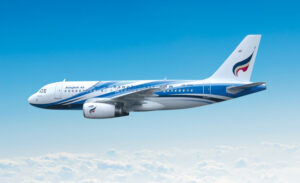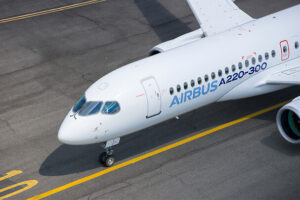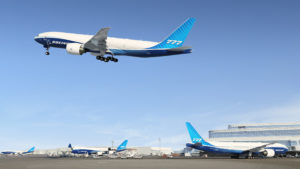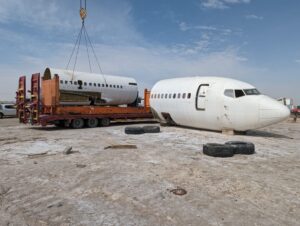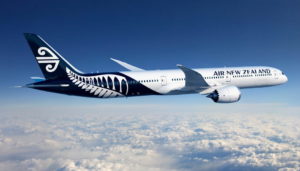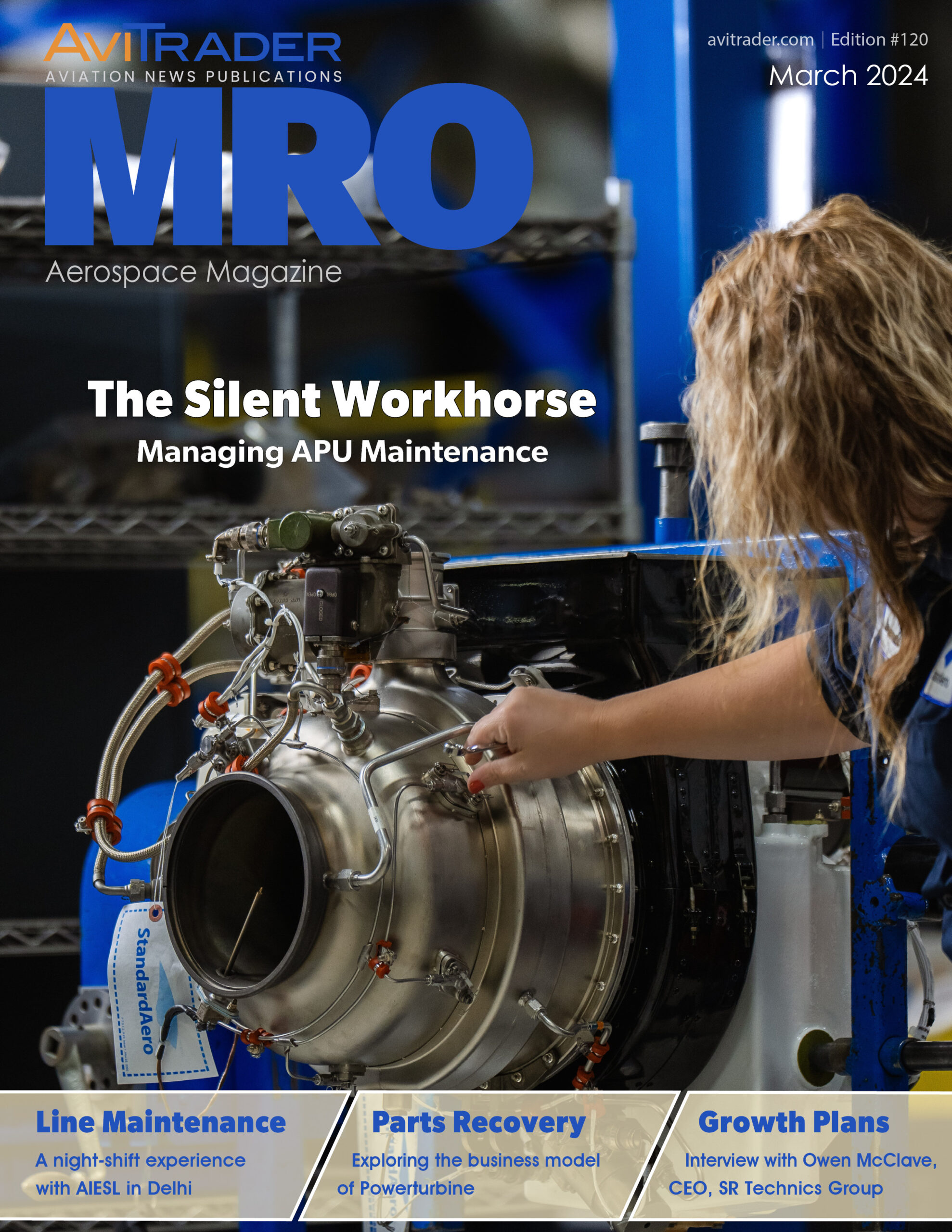Airlines and airports are grappling with a significant surge in baggage mishandling rates as the number of passengers continues to grow. According to SITA’s 2023 Baggage IT Insights report, the number of mishandled bags almost doubled from 2021 to 2022, reaching a rate of 7.6 bags per thousand passengers.
Several factors contribute to this increase in mishandling rates. The shortage of skilled staff, coupled with the resumption of international travel and congestion at airports, has made it increasingly challenging to manage and ensure the smooth handling of bags, particularly during peak travel periods. As a result, the industry is now focusing on digitalisation and automation as a means to address these issues, with investments in technology that offers greater automation and self-service taking top priority.
The report reveals that delayed bags accounted for 80% of all mishandled bags in 2022, while lost and stolen bags increased to 7%, and damaged and pilfered bags decreased to 13%. This surge in mishandling rates follows over a decade of consistent reduction in mishandled baggage. Between 2007 and 2021, process improvements led to a 59.7% decrease in the mishandling rate per thousand passengers. However, due to the operational pressures caused by staff shortages following the COVID-19 pandemic, the 2022 mishandling rate of 7.6 bags per thousand passengers represents a 75% increase from 2021.
Historically, transfer bags have accounted for the majority of mishandled bags, and this trend continued in 2022 with a one-percentage point increase from the previous year. Transfer mishandling now stands at 42%, attributed to the resurgence of international and long-haul travel, which has led to loading errors and increased transfer mishandling rates. The failure to load bags accounted for 18% of all mishandled bags in 2022, representing a 3% decrease from the previous year. Loading errors more than doubled compared to the previous year, accounting for 9% of all delayed bags in 2022, due to the operational strains on baggage systems.
David Lavorel, CEO of SITA, expressed his concern over the climbing mishandling rate and emphasized the need for the industry to work diligently to restore passenger confidence in checking their bags. SITA is actively collaborating with airlines and airports to address key pain points in the baggage journey through smart automation, tracking, and digital platforms.
Airlines have identified investing in real-time baggage status information as a crucial priority. Currently, 57% of airlines provide their staff with mobile access to real-time baggage status, but this figure is expected to rise significantly to 84% by 2025. Moreover, 67% of airlines plan to offer real-time baggage status information directly to passengers, a substantial improvement from the current 25%.
To tackle the high mishandling rates observed during transfers, SITA has developed the WorldTracer Auto Reflight system. This innovative solution automatically identifies bags that are unlikely to make their connecting flights and rebooks them on the next available flight using the existing bag tag, while also keeping the passenger informed throughout the process. SITA estimates that automating reflight operations could save the industry up to $30 million per year. In a recent partnership between Lufthansa and SITA, the technology was employed to digitalise the manual reflight process, and the Proof of Concept demonstrated the potential to automatically reflight as much as 70% of Lufthansa’s mishandled bags at Munich Airport.
In conclusion, the surge in baggage mishandling rates presents a significant challenge to airlines and airports. However, the industry is responding by prioritising digitalization and automation to enhance baggage handling processes and mitigate




